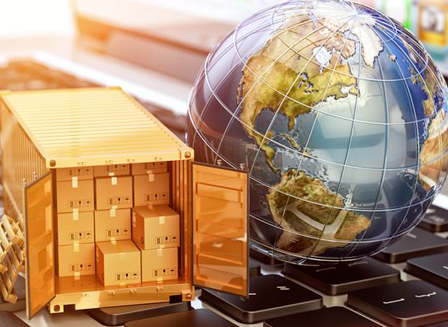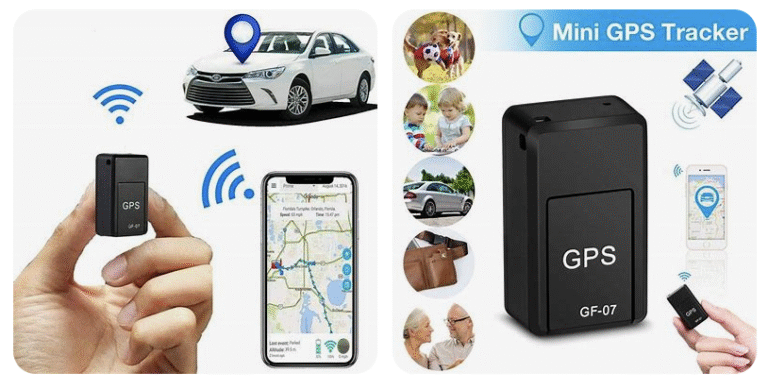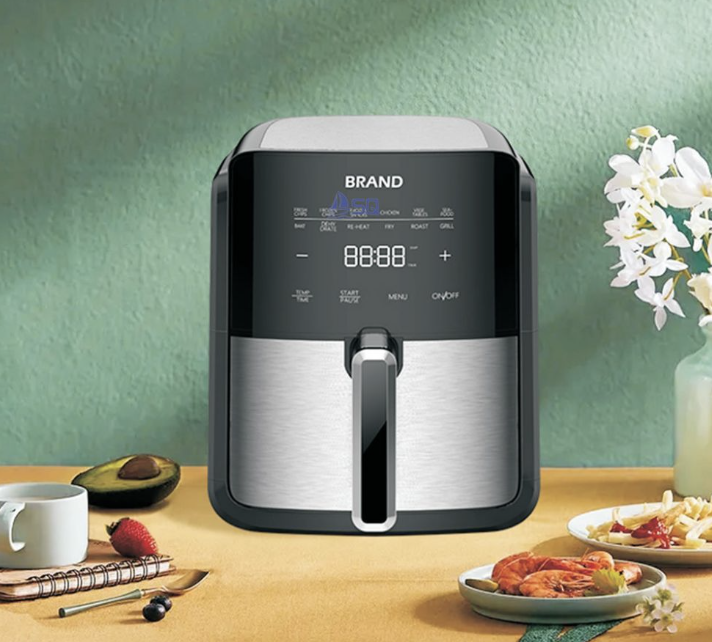The Ultimate Guide to Choosing the Right China Sourcing Company in 2025
Choosing a China sourcing company without considering their industry experience is like hiring a chef who’s never cooked your type of cuisine. It’s risky and rarely ends well.
When you’re looking to import products from China, whether it’s electronics, apparel, furniture, or medical supplies, industry experience is non-negotiable. A company with deep roots in your industry will already have established connections, understand production timelines, anticipate potential challenges, and know which suppliers are reliable and which to avoid.
Start by reviewing the sourcing company’s case studies, client lists, and testimonials. Ask if they’ve sourced similar products to yours.
For instance, sourcing electronics requires different skills than sourcing textiles due to component testing and safety certifications. Don’t be afraid to ask for examples of past work or references—any reputable sourcing company will gladly provide these.

Also, consider how long the sourcing company has been in business. A firm that’s been operating for 5–10 years likely knows the ins and outs of Chinese business culture, customs clearance, factory audits, and negotiation tactics. Inexperienced companies might make rookie mistakes that can delay production or inflate costs.
Another key area is familiarity with international compliance and regulations. If the sourcing company isn’t up-to-date on product safety standards like CE, RoHS, or FDA approvals (depending on your market), you’re setting yourself up for major legal headaches.
Ultimately, the more niche and relevant their experience, the better your sourcing process will be. It’s about peace of mind—knowing they’ve been there, done that, and succeeded.
Table of Contents
Evaluate Communication and Transparency
Let’s face it—clear, fast, and honest communication can make or break a business deal, especially when you’re operating across different time zones, cultures, and languages. Working with a China sourcing company that communicates well is essential to avoid misunderstandings, delays, and costly errors.
Your ideal partner should provide regular updates without being asked. They should set clear expectations on timelines, production processes, shipping arrangements, and pricing. You want a team that’s responsive—someone who replies to your emails promptly, picks up the phone when needed, and understands your requirements fully.
Language fluency matters too. Make sure your contact at the sourcing company can communicate effectively in English. Miscommunication in product specs or legal requirements can result in entire batches of unusable products.
A good sourcing partner will confirm details with you, ask clarifying questions, and even provide you with written documentation like contracts, QC reports, and inspection photos.
Transparency goes beyond just words. You should also understand how the company earns its money. Do they work on commission from factories or do you pay them a service fee? The best sourcing agents are upfront about their pricing structure so you know whether their interests are aligned with yours.
Additionally, transparency includes willingness to let you visit factories, review quality control processes, and speak directly with suppliers if needed. If a sourcing company seems evasive or reluctant to share information, that’s a red flag. You want a sourcing partner, not a gatekeeper.
Investigate Their Supplier Network
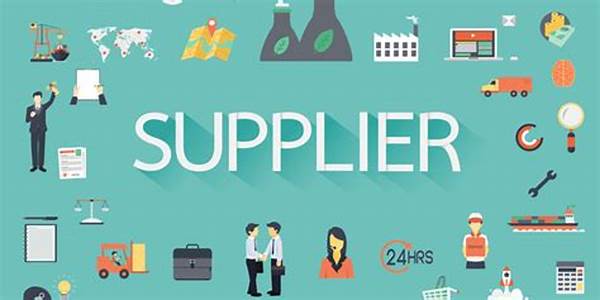
Behind every successful China sourcing company is a solid network of verified, trusted suppliers. If your chosen company doesn’t have a strong supplier network, they’re essentially just a middleman without leverage or bargaining power. That’s why you should dig deep into their supplier connections before signing any contracts.
A robust supplier network allows your sourcing partner to offer better pricing, more flexibility, and faster turnaround times. They should be able to identify backup suppliers in case of disruption—something especially valuable during global crises or Chinese New Year factory shutdowns.
Ask how they select and vet their suppliers. Do they conduct factory audits? Are their suppliers certified under standards like ISO, BSCI, or Sedex? A strong sourcing company will conduct on-site inspections and ongoing evaluations to ensure suppliers maintain quality and ethical labor practices.
Inquire about their relationships—are they long-standing partnerships or one-off transactions? Companies with deeper supplier ties usually have more sway in negotiations and can secure better terms for you, including lower minimum order quantities (MOQs), faster lead times, and better quality control.
Also, a good sourcing company will have suppliers spread across different regions of China. This geographic diversity matters because different provinces specialize in different industries—Guangdong for electronics, Zhejiang for textiles, and Fujian for footwear, for instance.
In short, a strong supplier network is the engine that drives your sourcing success. Without it, you’re flying blind in a market that requires expert navigation.
Red Flags to Watch Out for When Choosing a China Sourcing Company
Lack of Transparency in Operations
One of the biggest red flags is when a sourcing company hides critical details. If they’re unwilling to disclose the names of factories, withhold inspection reports, or refuse to share how pricing is determined, proceed with caution. A trustworthy China sourcing company is transparent about where your products are being made, how they’re inspected, and what margins they are adding to the cost.
You deserve to know if they’re acting as a broker with hidden markups or genuinely serving your business’s best interest. If they keep you in the dark, it could lead to inflated costs, poor-quality goods, or even fraud. Insist on full visibility at every step—from sourcing and pricing to shipping and delivery.
Poor Online Presence or Fake Reviews

In today’s digital world, a legitimate company should have a solid online footprint. Check for an official website, verified business listings, client testimonials, and active social media channels. Be wary of companies with no reviews or only overly positive ones that seem too good to be true. Use tools like LinkedIn, Trustpilot, and Google Reviews to verify credibility.
You can also ask for references. If they can’t give you contacts from previous clients or dodge the request, take it as a warning sign. A good sourcing company will be proud of their past work and eager to share real success stories.
Lack of Legal Documentation and Contracts
A reputable sourcing company will always offer clear contracts that outline payment terms, timelines, intellectual property (IP) protection, and dispute resolution processes. If they suggest “handshake agreements” or ask for large upfront payments without a contract, that’s a serious concern. Always demand legally binding documents before proceeding.
Also, ensure they’re properly registered as a business in China. Ask for their Chinese business license (营业执照) and verify it with the local government databases.
Understanding the China Sourcing Process Step-by-Step
Step 1: Requirement Collection and Product Brief
The journey begins with you outlining your product needs—specifications, dimensions, materials, certifications, packaging, order quantity, and target pricing. This is the foundation of your sourcing plan. A detailed product brief eliminates confusion and ensures that your sourcing company searches for exactly what you need.
They may also offer insights to improve your design or suggest cost-effective material alternatives. Their experience can be a game-changer here.
Step 2: Supplier Search and Initial Quotes
With your brief in hand, the sourcing company contacts its network of suppliers. They narrow down a list of potential manufacturers based on pricing, lead time, quality, and certifications. After evaluating their factories, they request initial quotations (RFQs) and deliver a comparison report so you can make an informed decision.
Step 3: Factory Audits and Sample Orders
Once you’ve selected a potential supplier, the next step is due diligence. Your sourcing company arranges a factory audit, either in person or via third-party quality assurance (QA) teams. This includes checking production capability, labor conditions, quality management systems, and legal compliance.
Following that, they coordinate the production of product samples. This helps confirm quality, finish, packaging, and function before moving into full production. Never skip this step—it’s your safety net.
Step 4: Mass Production and Quality Control
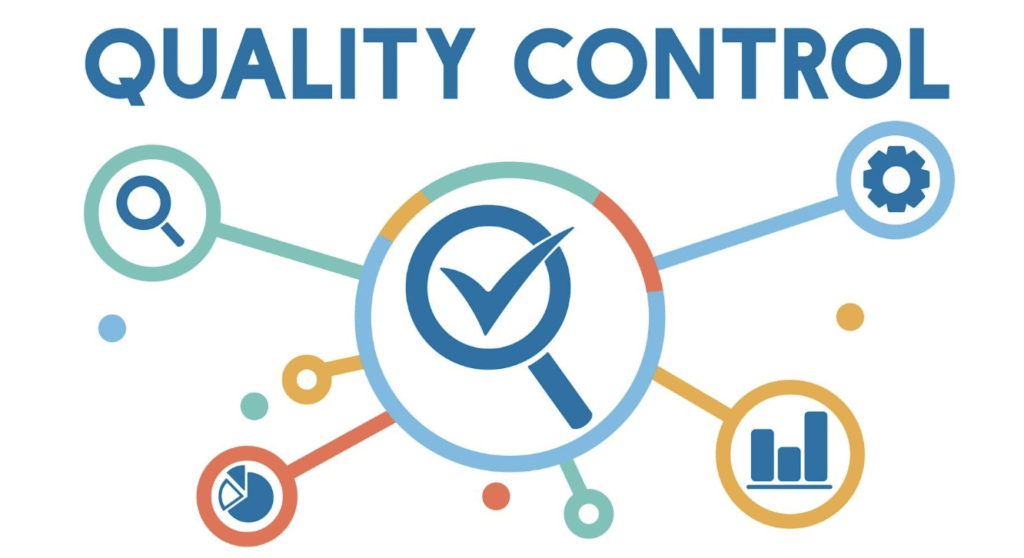
Upon sample approval, mass production begins. Your sourcing partner keeps close communication with the supplier, monitoring deadlines and resolving production issues. They’ll also conduct mid-production and final quality checks to ensure consistency and avoid surprises at delivery.
A good sourcing partner will document everything—QC reports, photos, videos, defect logs—and keep you informed throughout.
Step 5: Logistics and Shipping Management
Once the goods are ready, the sourcing company arranges shipping—whether it’s FOB (Free on Board), CIF (Cost, Insurance, Freight), or DDP (Delivered Duty Paid). They’ll also handle customs paperwork, product labeling, and export compliance.
Having a sourcing company handle logistics is a huge relief. They know the fastest and most cost-efficient shipping methods and will deal with port officials, freight forwarders, and customs brokers so you don’t have to.
Common Challenges When Sourcing from China and How to Overcome Them
Language and Cultural Barriers
Language differences are more than just a translation issue—they affect tone, nuance, and even business etiquette. Many Western companies struggle to effectively communicate their product requirements or expectations with Chinese suppliers, which leads to costly errors.
This is where a competent China sourcing company bridges the gap. They speak both the language and the culture. They can interpret your needs accurately, translate them clearly, and manage expectations on both ends. They understand how negotiations work in China—where relationships (or guanxi) matter more than aggressive pricing tactics.
Avoid slang, use visuals and diagrams, and insist on written confirmation of every detail. Clear, concise communication is key.
Quality Inconsistency
One of the top concerns of buyers is that the first sample might look great, but the final batch falls short. This is a common issue when there’s no proper quality control process in place. A trustworthy sourcing company solves this by enforcing quality checks at various stages of production—raw materials, mid-production, pre-shipment.
Always agree on a quality standard before starting production. Make sure your sourcing partner uses third-party inspection services when needed, and demand a written quality agreement.
Intellectual Property (IP) Risks
China has a complicated history when it comes to IP protection. If you’re launching a new or unique product, protecting your intellectual property is crucial. A reputable sourcing company will help you register your trademarks in China and introduce you to manufacturers with solid IP protection reputations.
Avoid sharing detailed designs with multiple suppliers during the quote stage. Instead, work with one trusted agent who can sign a Non-Disclosure Agreement (NDA) and ensure it’s extended to the supplier. If a sourcing company refuses to sign an NDA or seems indifferent to IP issues, walk away.
Shipping Delays and Customs Issues
Shipping delays can destroy your business if you rely on just-in-time inventory. Between port congestion, customs clearance, and unexpected factory delays, timelines can slip fast.
The right sourcing company will have contingency plans. They can secure priority bookings with freight forwarders, provide real-time updates on shipment status, and offer alternative delivery methods when needed.
They also ensure that all paperwork—from commercial invoices to packing lists—is compliant with both Chinese and destination country regulations, reducing customs hiccups.
How Much Does It Cost to Hire a China Sourcing Company?

Different Pricing Models Explained
There’s no one-size-fits-all pricing when it comes to hiring a China sourcing company. Costs vary depending on your product, order size, and the company’s business model. Here are the most common ways sourcing agents charge:
- Commission-Based Model: They charge a percentage (usually 5–10%) of the total order value. This is common with full-service agents and agencies.
- Flat Fee Model: You pay a fixed fee per project or per product sourced. This model works well for one-off or small-volume orders.
- Hourly Rate: Some consultants or freelancers may charge by the hour, usually $20 to $100+ depending on their experience.
- Hybrid Model: A mix of the above, such as a flat fee for sourcing and a commission for ongoing management.
What Affects the Cost?
Several factors impact the cost of using a China sourcing company:
- Product complexity and customization
- Number of suppliers they need to contact
- Factory audit and inspection services
- Volume of your order
- Shipping and logistics management
While it may seem cheaper to go directly to suppliers, hiring a sourcing company often saves money in the long run by avoiding costly mistakes, improving quality, and speeding up time to market.
Top 5 China Sourcing Companies in 2025
1. Simoo Sourcing
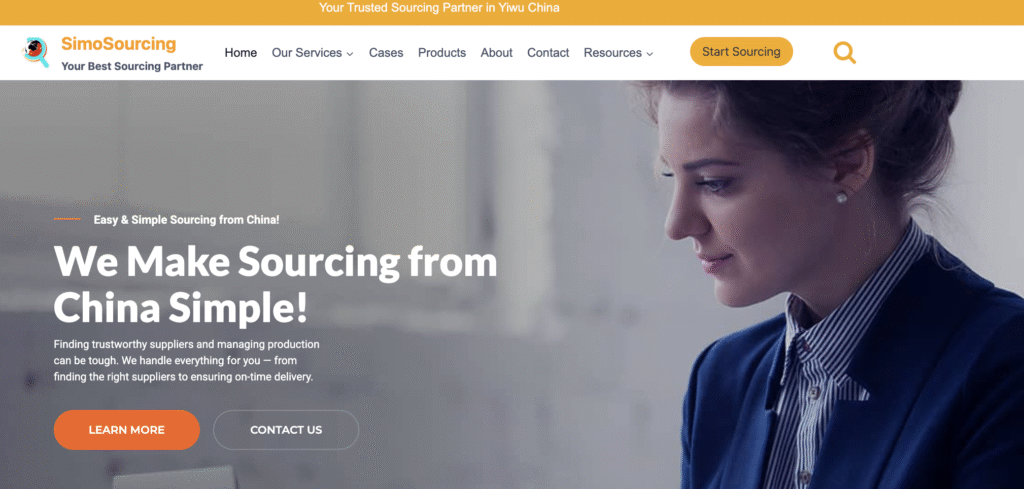
One of the most recognized names, SimooSourcing offers a wide range of services, including supplier identification, factory audits, and logistics. Their global reach and structured approach make them ideal for larger enterprises.
2. Guided Imports
A favorite among Amazon FBA sellers, Guided Imports specializes in sourcing, quality inspections, and freight forwarding. They have strong English-speaking support and a clear, fixed-fee pricing model.
3. Easy Imex
Based in the UK with offices in China, Easy Imex helps SMEs source everything from apparel to home goods. They also assist with product development and compliance.
4. FBA Sourcing China
Perfect for Amazon sellers, this company helps with sourcing, labeling, packaging, and prep for FBA warehouses. They understand the unique needs of eCommerce sellers.
5. Sourcingbro
A full-service fulfillment and sourcing company that caters to dropshippers and small businesses. They offer warehousing, product photography, and private labeling services.
Conclusion
Sourcing products from China can transform your business, but only if you have the right partner guiding you. A reliable China sourcing company isn’t just a middleman—they’re your eyes, ears, and advocate on the ground. From verifying factories to negotiating better deals, managing quality control to navigating logistics, they add massive value at every step of the supply chain.
In 2025, as global supply chains continue to evolve, aligning with a trustworthy China sourcing partner isn’t just smart—it’s essential. Do your research, ask the right questions, and always prioritize transparency, communication, and experience. With the right support, China can be your business’s ultimate growth engine.
FAQs About China Sourcing Company
1. Is it safe to source products from China?
Yes, as long as you work with a trustworthy sourcing company and perform due diligence. Quality and safety depend heavily on supplier vetting and quality control processes.
2. Can I visit factories myself instead of using a sourcing agent?
Yes, but it requires time, language skills, and understanding of Chinese business culture. For most businesses, hiring a sourcing company is more efficient.
3. How long does the sourcing process typically take?
Depending on product complexity, sourcing can take anywhere from 2 weeks to 2 months. Add more time for custom manufacturing or regulatory approvals.
4. Do China sourcing companies handle shipping too?
Many full-service sourcing companies manage shipping, customs clearance, and delivery. Always confirm what’s included in their service.
5. What industries benefit most from China sourcing?
Industries like electronics, apparel, home goods, packaging, tools, and toys benefit greatly due to cost-effective manufacturing and material access in China.

